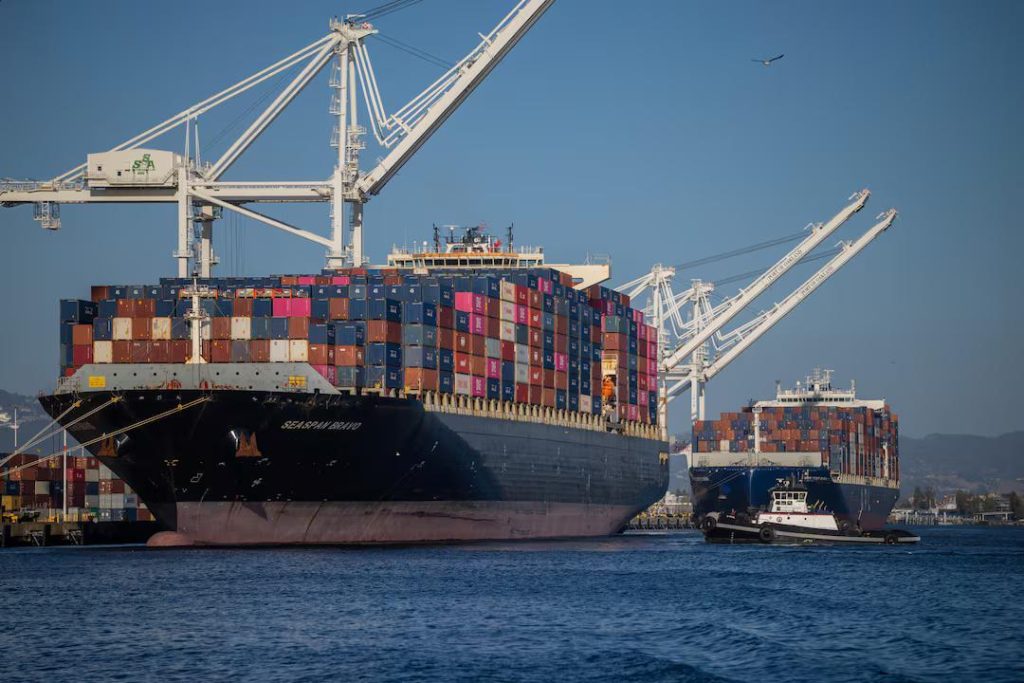
US Ends Tariff Exemption for Parcels under $800
In a move aimed at boosting revenue, the United States has permanently ended the tariff exemption for low-value items valued under $800. This decision marks a significant change in the country’s trade policies, which are expected to have a ripple effect on international shipping and commerce.
As of Friday, shippers can no longer claim a duty-free exemption for packages valued at $800 or less. Instead, a six-month transition period has begun, during which shippers can opt to pay a flat duty of $80 to $200 per package, depending on the origin country. The new regime is expected to generate an additional $10 billion in tariff revenues annually, as claimed by US Trade Adviser Peter Navarro.
The decision to end the tariff exemption follows a long-standing practice that allowed for duty-free importation of low-value goods, including gifts, personal effects, and goods purchased online. The exemption, which was in place since 1990, was intended to promote international trade and ease the flow of goods across borders. However, the Trump administration had been considering a review of the exemption as part of its efforts to revamp the country’s trade policies and reduce its trade deficit.
The US decision to end the tariff exemption has been met with mixed reactions from the international shipping community. While some have welcomed the move, citing the need for the US to generate revenue and protect its domestic industries, others have expressed concerns about the potential impact on global trade and consumer prices.
One of the key concerns is the potential for increased costs and complexities for shippers. With the introduction of the flat duty rate, shippers will need to navigate a more complex landscape, including the need to accurately declare the value of their shipments and pay duties accordingly. This could lead to delays, additional paperwork, and increased costs for shippers, particularly for small businesses and e-commerce companies that rely heavily on international shipping.
Another concern is the potential impact on consumer prices. With the introduction of duties on low-value goods, consumers may face higher prices for goods such as clothing, electronics, and cosmetics. This could have a disproportionate impact on low-income households and small businesses, which may struggle to absorb the increased costs.
In response to the concerns, US trade officials have emphasized the need to balance the country’s trade policies with its economic and commercial interests. “We are taking these steps to ensure a level playing field and to protect American jobs and industries,” said Peter Navarro, US Trade Adviser. “We believe that this new regime will generate significant revenue for the US government and help to promote fair trade practices around the world.”
The US decision to end the tariff exemption is also likely to have implications for the global shipping industry. With the introduction of duties on low-value goods, shippers may need to rethink their logistics and supply chain strategies, potentially leading to changes in shipping routes, modes of transport, and warehouse locations.
In conclusion, the US decision to end the tariff exemption for parcels under $800 marks a significant shift in the country’s trade policies. While the move is expected to generate significant revenue for the US government, it also poses challenges for shippers and consumers. As the global shipping industry adapts to the new regime, it remains to be seen how the changes will impact trade volumes, consumer prices, and the overall economy.
Source: https://amp.dw.com/en/us-ends-tariff-exemption-for-low-value-parcels/a-73802520



